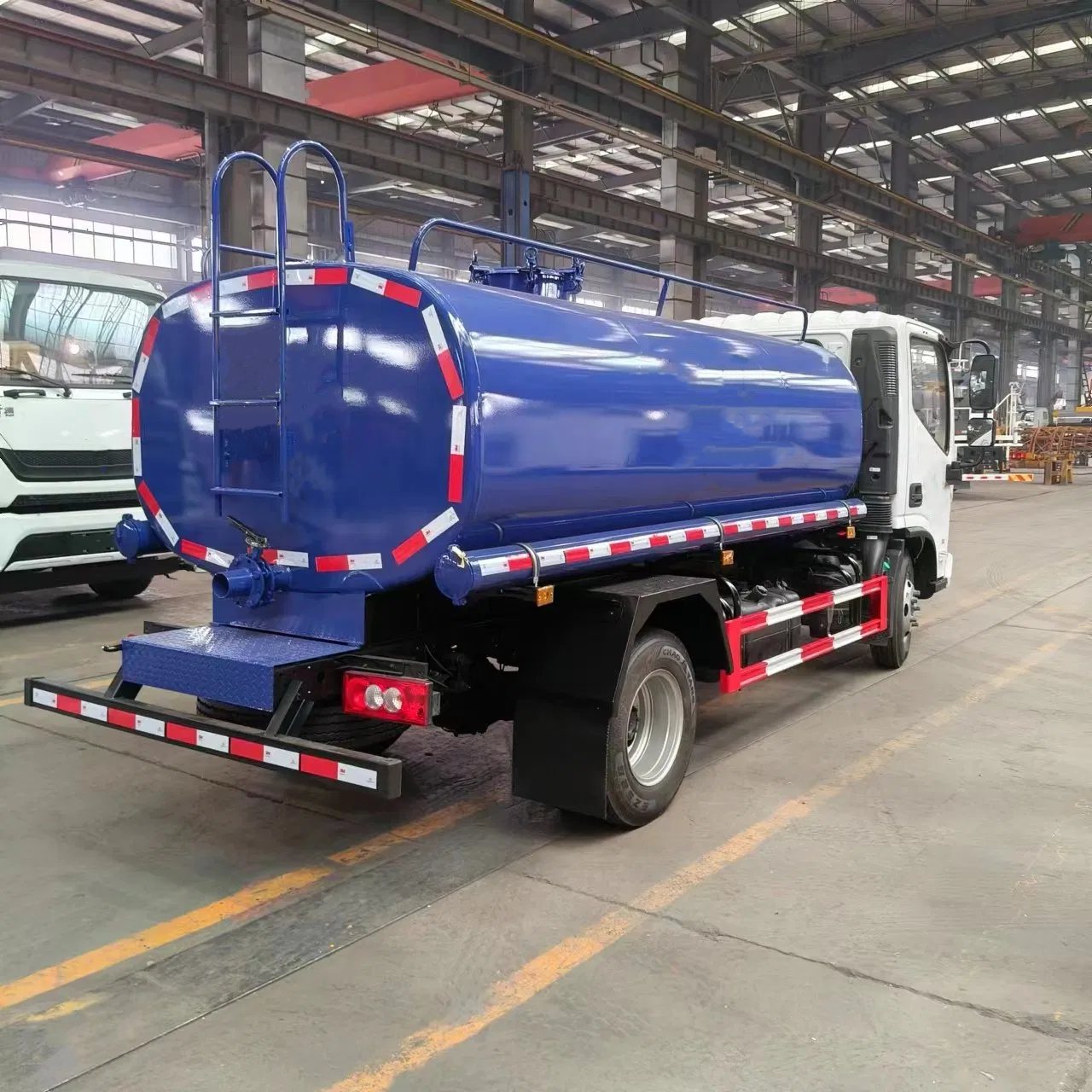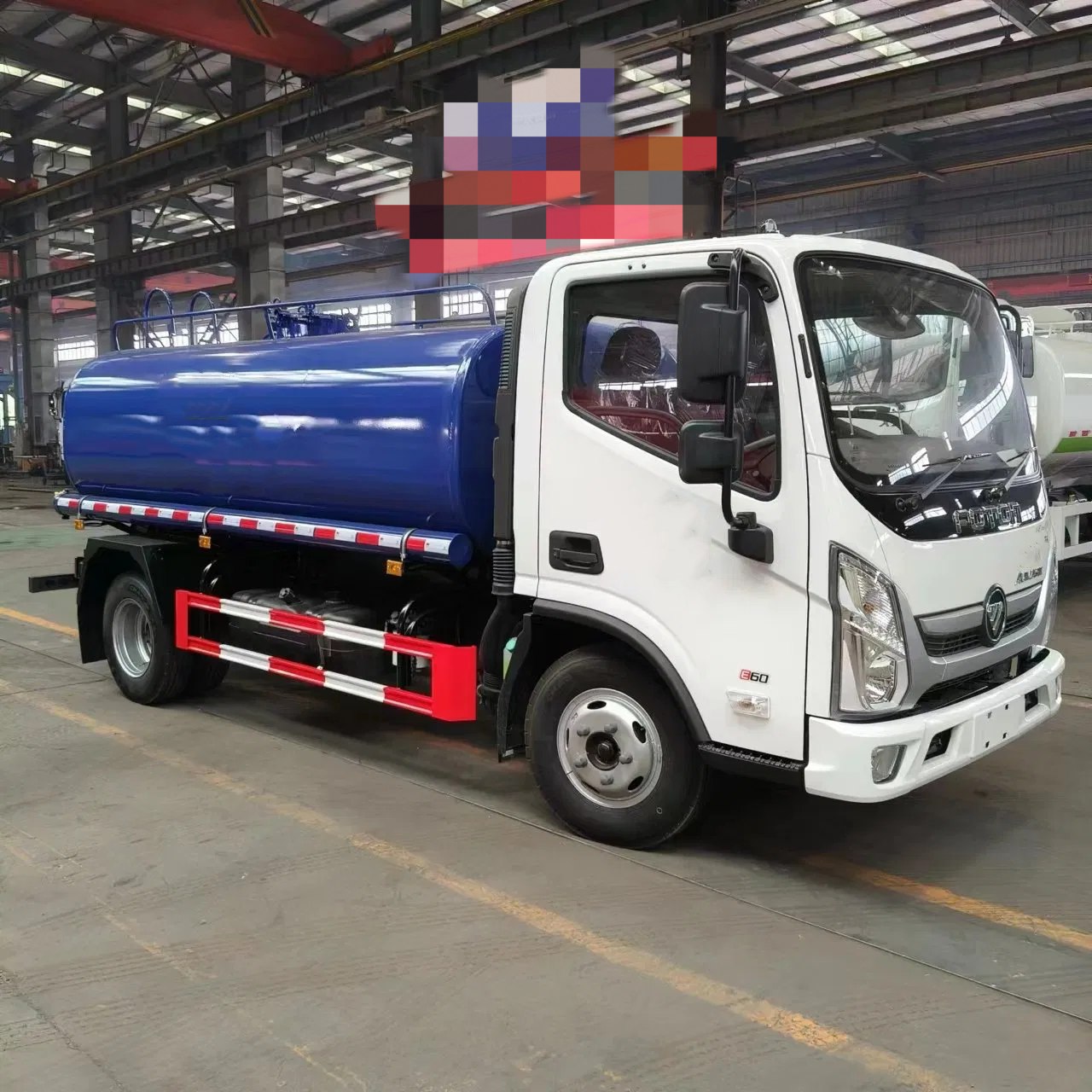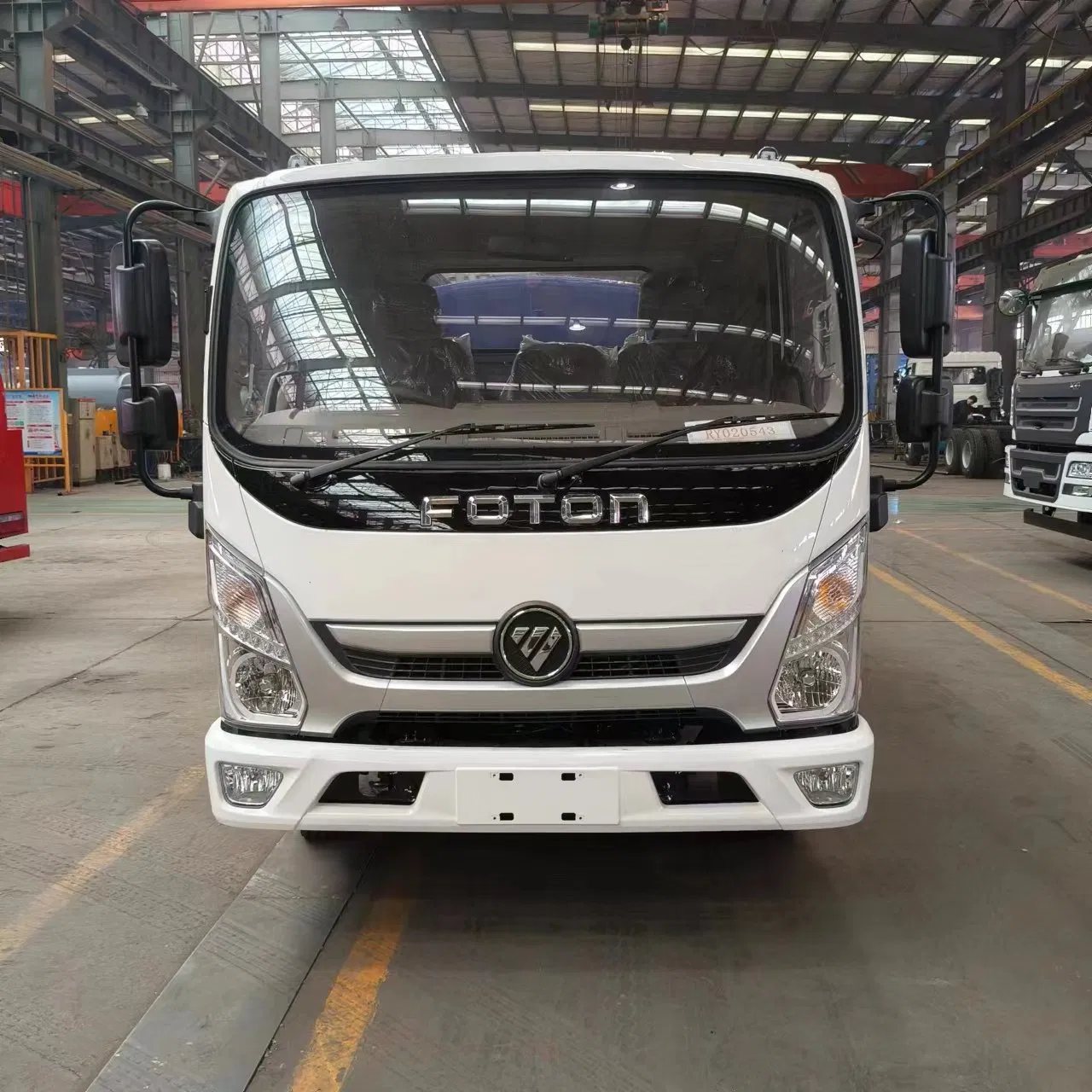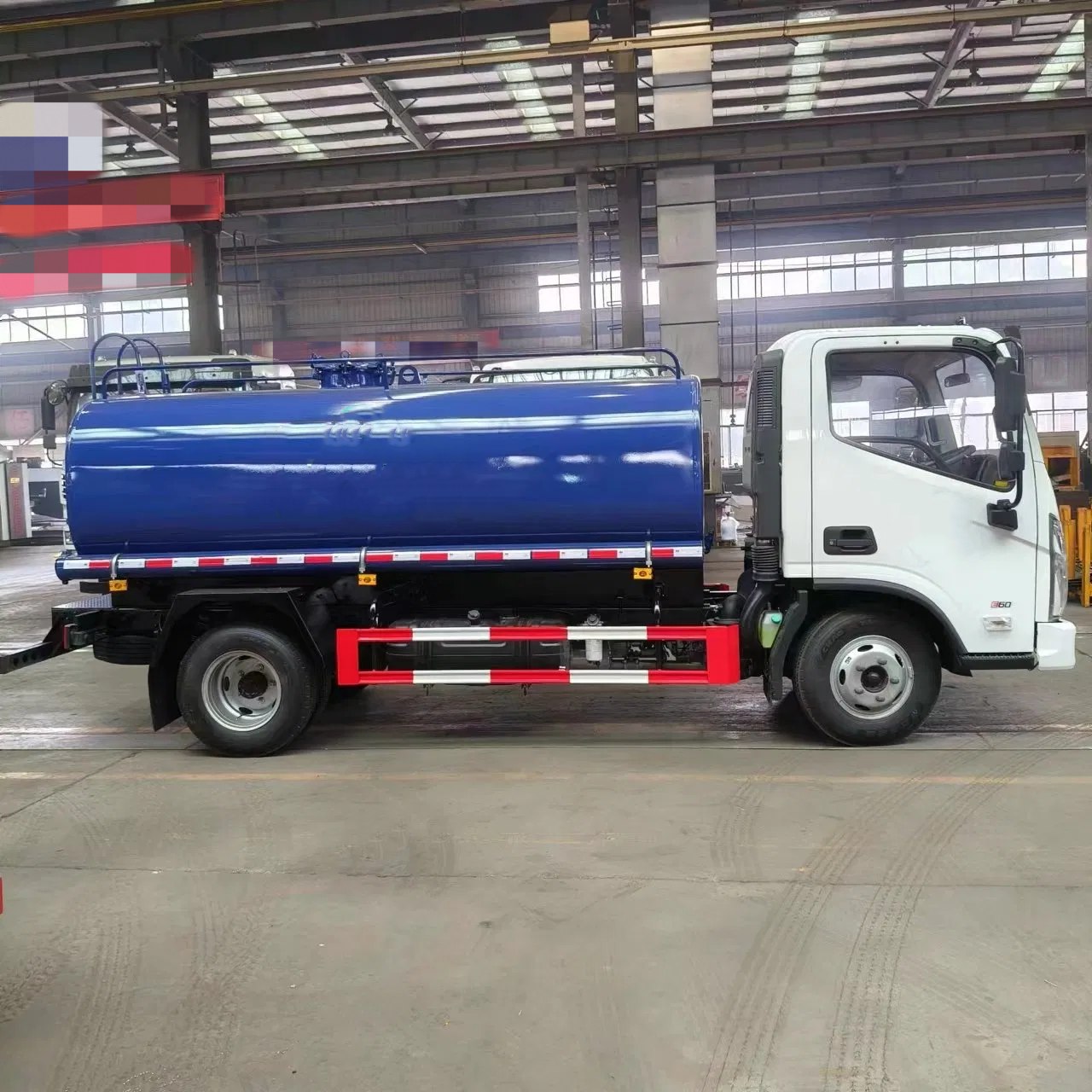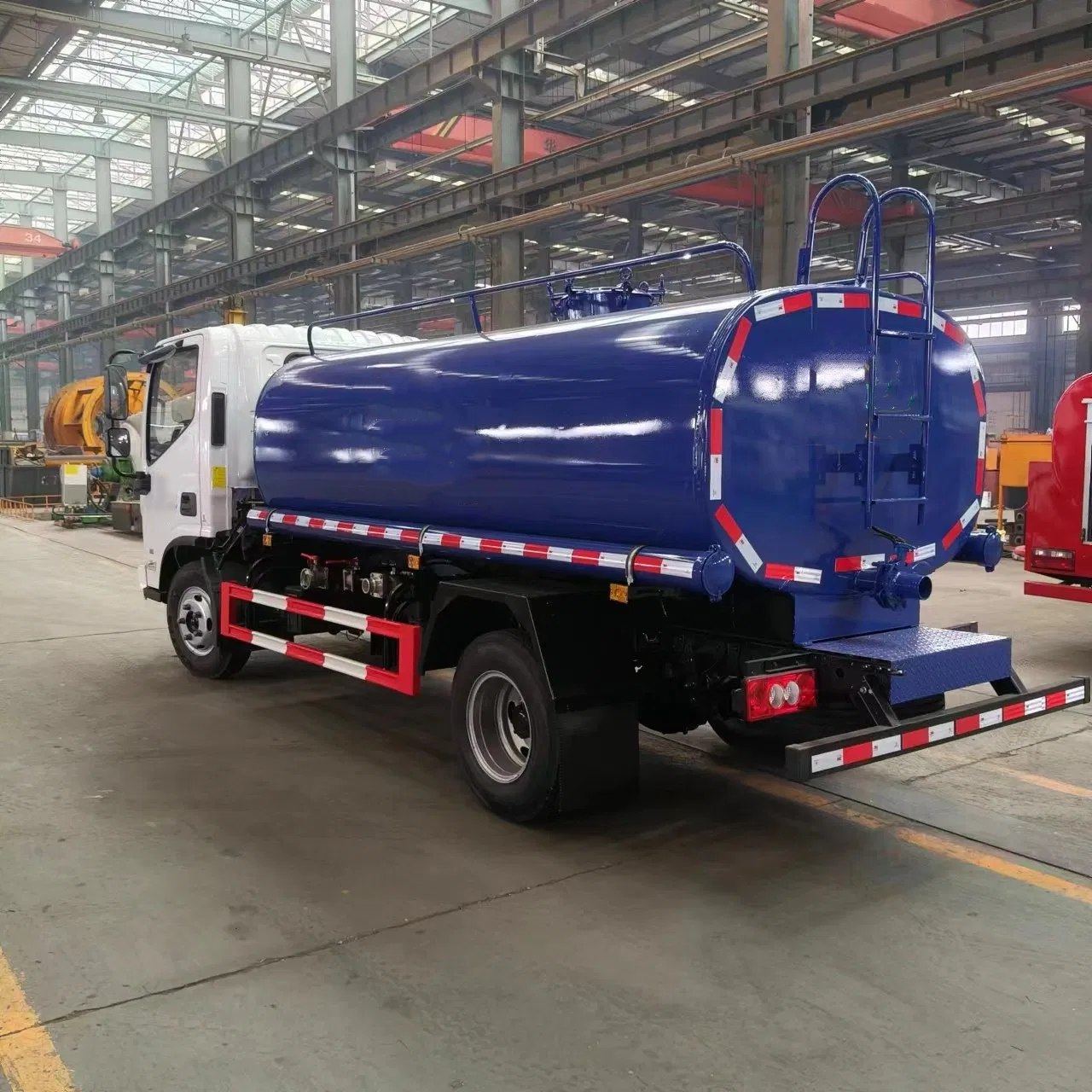In the expansive world of trucking, various specialized vehicles serve distinct purposes to accommodate the diverse needs of industries ranging from agriculture to chemical manufacturing. One such vital type of vehicle is the tank truck or simply a tank. In the context of trucking, a tank refers to a specially designed truck or trailer used for transporting liquid, gaseous, or dry bulk materials. These tanks are integral to the logistics and supply chain of numerous essential goods, making them a backbone of modern commerce and industry.
Defining the Tank in Trucking
A tank in trucking is a cylindrical container—usually mounted on a truck chassis or trailer frame—engineered to transport large volumes of fluid, gas, or fine particulate solids. Unlike standard box trailers that haul packaged or palletized goods, tank trucks are purpose-built to hold and move materials that require containment and careful handling.
These vehicles are often seen delivering everything from fuel and water to milk, chemicals, liquid food products, compressed gases, and dry powders like cement or flour. The nature of the cargo determines the tank’s design, material, and safety features, which can be highly specialized to ensure both efficient transport and compliance with safety regulations.
Types of Tank Trucks
Tank trucks are classified based on the type of material they are designed to transport. Each type has unique features suited to its cargo:
1. Liquid Tank Trucks
These are the most common types and include tankers for water, milk, fuel, oil, and chemicals.
- Fuel Tankers: Transport gasoline, diesel, and aviation fuel. They have multiple compartments to carry different grades of fuel simultaneously and are made from aluminum or stainless steel.
- Food-Grade Tankers: Designed to transport milk, edible oils, juice, and similar liquids. They are made of stainless steel and are insulated and often equipped with sanitation systems to maintain hygiene.
- Chemical Tankers: Transport industrial chemicals. These require special linings and materials that resist corrosion and may include heating systems to keep substances at required temperatures.
2. Gas Tank Trucks
Used to haul pressurized or liquefied gases such as propane, LPG (liquefied petroleum gas), or anhydrous ammonia.
- Built with reinforced steel or aluminum
- Equipped with pressure-relief valves and safety shut-off systems
- Often operate under stringent safety regulations due to the hazardous nature of the contents
3. Dry Bulk Tank Trucks
These carry dry, granular, or powdered substances such as flour, sugar, cement, or plastic pellets.
- Feature pneumatic systems for loading and unloading using air pressure
- Must be sealed to prevent contamination and loss of material
Construction and Design
Tank trucks come in various sizes, with capacities ranging from a few hundred gallons to over 11,000 gallons (about 41,600 liters) for semi-trailer configurations. The design considerations for tanks include:
- Shape: Most are cylindrical with rounded ends to evenly distribute stress and prevent leaks.
- Material: Stainless steel, aluminum, and carbon steel are common materials. The selection depends on the cargo’s chemical properties.
- Insulation and Heating: Some tanks are insulated to maintain the temperature of the contents. Heated tanks are used when transporting viscous or temperature-sensitive liquids.
- Compartments: Some tanks are divided into multiple compartments for transporting different products at once.
- Valves and Manholes: Located at the bottom or top for filling and emptying. Secure valves are essential to prevent leaks or contamination.
Regulations and Safety
Tanks used in trucking are subject to a complex web of regulations governed by local, national, and international bodies. In the United States, for instance, the Department of Transportation (DOT) and Federal Motor Carrier Safety Administration (FMCSA) oversee the safe operation of tank vehicles. When hazardous materials are involved, additional regulations from the Pipeline and Hazardous Materials Safety Administration (PHMSA) apply.
Key safety requirements include:
- Tank integrity testing (e.g., pressure and leak tests)
- Markings and placards for identifying contents and hazards
- Driver training and certification, especially for hazardous materials (HAZMAT endorsement)
- Emergency response protocols in case of spills or accidents
Loading and Unloading
Loading and unloading tank trucks involve careful processes tailored to the cargo:
- Gravity discharge, pump discharge, or air pressure systems are used depending on the tank design and cargo type.
- Hoses and couplings must match specifications to prevent cross-contamination or leaks.
- For hazardous or flammable materials, grounding and bonding practices are mandatory to prevent static discharge.
Applications Across Industries
The versatility of tank trucks makes them indispensable across a wide array of industries:
- Oil and Gas: Fuel delivery to stations and depots.
- Agriculture: Liquid fertilizers, water, and feed ingredients.
- Food and Beverage: Milk collection from farms, wine, or edible oils transportation.
- Chemical Industry: Bulk chemical logistics, often between plants or to distribution centers.
- Construction: Water for dust control or concrete mixing, and dry bulk cement delivery.
Benefits of Tank Trucks
Tank trucks offer numerous advantages that contribute to their widespread use:
- Efficiency: Capable of hauling large volumes in a single trip, reducing transportation costs.
- Product Integrity: Built to protect cargo from contamination and environmental factors.
- Customization: Can be tailored for specific product requirements, including temperature control and material compatibility.
- Safety Features: Designed with containment and hazard mitigation in mind.
Challenges and Considerations
Despite their advantages, operating tank trucks comes with challenges:
- High Cost: Specialized design and construction make these vehicles more expensive than standard trucks.
- Complex Maintenance: Requires regular inspection and upkeep, especially for pressurized or insulated tanks.
- Driver Training: Operators need specialized training, particularly for hazardous or food-grade cargo.
- Regulatory Compliance: Navigating the legal landscape can be complicated and requires diligence.
Conclusion
In the realm of trucking, a “tank” is more than just a container—it is a crucial element of a complex transportation network that enables the safe and efficient movement of critical bulk materials. Whether it’s delivering drinking water to remote areas, transporting gasoline to fuel stations, or moving industrial chemicals across regions, tank trucks are at the heart of modern logistics.
Understanding the design, types, applications, and safety requirements of tank trucks not only highlights their importance but also underscores the intricate engineering and regulatory frameworks that support their use. For businesses that rely on bulk transport, selecting the right type of tank truck is essential for operational efficiency, safety, and compliance.
